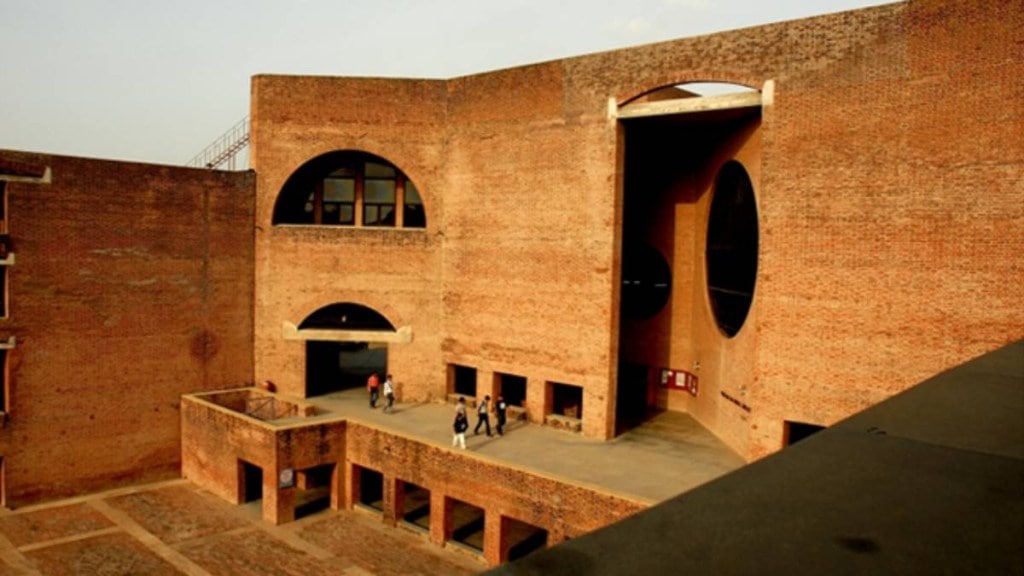The Quacquarelli Symonds (QS) has released the World University Rankings by Subject which has marked IIM Ahmedabad in the top 25 list of universities globally for business and management studies. While IIM-Bangalore and IIM-Calcutta have placed themselves in the list of the top 50.
The London-based higher education analytics firm has ranked Jawaharlal Nehru University (JNL) as the highest-ranked university in India in the coveted rankings as it secured the 20th position globally for development studies.
Jessica Turner, CEO of QS, highlighted India’s educational challenges, particularly in tertiary education, amidst growing demand. The NEP 2020 aims for a 50% gross enrolment ratio by 2035. She noted an increase in Indian programs in QS rankings from 355 to 454.
Turner also praised progress in programs at India’s three Institutes of Eminence, emphasising the positive impact of well-regulated private provision in enhancing higher education. While acknowledging the need for improvement in standards, access, digital readiness, and global competitiveness, she affirmed India’s significant strides in the right direction.
Growth in research studies
India’s performance in this year’s QS World University Rankings by Subject showcases significant advancements. The Citations per Paper indicator saw a notable 20% enhancement, highlighting India’s robust research capability.
Moreover, there was a commendable 16% uptick in the International Research Network indicator, signifying increased research collaborations. Despite a slight 5% decline in the H Index, which evaluates research productivity versus impact, India remains recognized by QS as one of the world’s rapidly expanding research hubs.
Data from Scopus/Elsevier reveals a remarkable 54% surge in India’s research output from 2017 to 2022, surpassing the global average and notably outperforming Western peers.
The QS’ senior vice president, Ben Sowter, said, “In terms of volume, India is now the world’s fourth-largest producer of research, generating 1.3 million academic papers in this period, trailing only behind China’s 4.5 million, the United States’ 4.4 million, and slightly less than the United Kingdom’s 1.4 million.”
India’s rank as an Asian country
In the broader Asian context, India’s standing in the QS World University Rankings underscores its significance. With 69 universities featured, India holds the second spot, following mainland China (101).
Additionally, India ranks fourth in total ranked entries with 454 institutions, trailing China (1,041), Japan (510), and South Korea (499). Regionally, India secures the fifth position for top 200 entries and the sixth for the top 100 entries, highlighting its substantial presence in the rankings.
QS utilizes five key metrics to compile subject rankings, adjusting weightings to accommodate diverse publication cultures. For instance, research performance, evaluated through Scopus/Elsevier analysis, holds greater significance in disciplines like Medicine, characterized by extensive research dissemination, compared to fields like Performing Arts, which lean more towards vocational training.
India’s prominent position in these rankings reflects its growing academic prowess and underscores its evolving role as a key player in the Asian higher education landscape.

